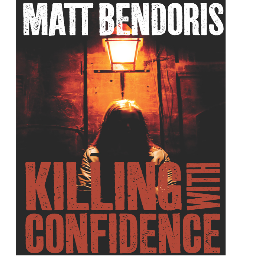Camilleri could be perhaps described best as a maker of artefacts. Especially fine ones, which make you smile and smile.
Inspector Montalbano is really something. Humane, clever, tolerant up to a point, which of course, you would have to be to be a Sicilian police officer. And hilarious. He is also, throughout many volumes, the lover of the superb Livia, from Genoa. From where, as I seem to recall Christopher Columbus hailed.
A serious gourmet, he maintains relationships of mutual respect with a selection of wonderful cooks. In parenthesis, here, Sicily may well be home to the finest food in Italy. A risky thing to say, but I recall a Tuscan friend of mine saying that in Tuscany, they had peasant food, but here in Sicily, ah! King's food.
In The Scent of the Night, Montalbano sets out to track out the sponsor of a Ponzi scheme, who has done the necessary runner with all clients money. Or so it appears to everybody, even to the Inspector, for a fair segment of the book. Camilerri does not write long novels, just wonderfully crafted ones.
A clue here as to why it turns out he hasn't. A spoiler I am afraid, for Faulkner aficionados. The Scent of the Night openly cites William Faulkner's great story A Rose for Emily.
Naturally, Fazio, whose loyalty to Montalbano is absolute, and which loyalty, in an uncharacteristic twist for the genre, is completely supported by Fazio's excellent wife, plays his part, entirely unmoved if the Inspector has to do something slightly illegal to do the right thing. Likewise Cateralla, whose grasp of language is tangential, and who passes on more and more absurd excuses for Montalbano's absence to the Commissioner.
This is number six in a series of Montalbano novels which reached its 20th in 2012, when Camilerri reached the age of 87. Apparently while also being a lifelong, heavy smoker.
When you want something immaculate to cleanse the pallet, if you enjoy your perfection with humour and solid morality, reach for one of these books.
Drew Ratter
NOTE: Camilleri chose the name Montalbano as a tribute to his friend and fellow Marxist crimewriter/gourmand, the Catalonian Manuel Vazquez Montalban


